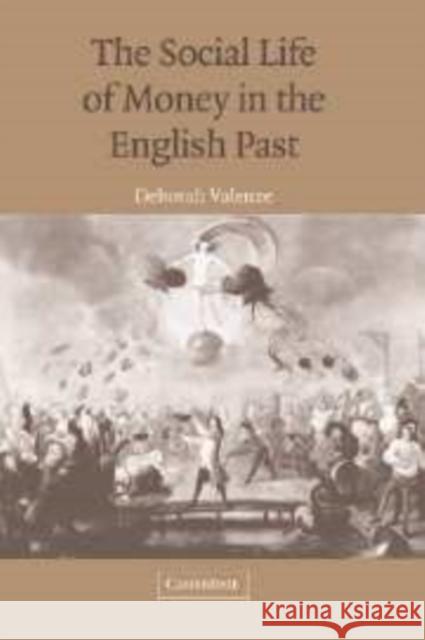The Social Life of Money in the English Past » książka
The Social Life of Money in the English Past
ISBN-13: 9780521852425 / Angielski / Twarda / 2006 / 326 str.
The Social Life of Money in the English Past
ISBN-13: 9780521852425 / Angielski / Twarda / 2006 / 326 str.
(netto: 350,68 VAT: 5%)
Najniższa cena z 30 dni: 317,35
ok. 16-18 dni roboczych.
Darmowa dostawa!
In an age when authoritative definitions of currency were in flux and small change was scarce, money enjoyed a rich and complex social life. Deborah Valenze shows how money became involved in relations between people in ways that moved beyond what we understand as its purely economic functions. This highly original investigation covers the formative period of commercial and financial development in England between 1630 and 1800. In a series of interwoven essays, Valenze examines religious prohibitions related to avarice, early theories of political economy and exchange practices of the Atlantic economy. In applying monetary measurements to women, servants, colonial migrants, and local vagrants, this era was distinctive in its willingness to blur boundaries between people and things. Lucid and highly readable, the book revises the way we see the advance of commercial society at the threshold of modern capitalism.
Deborah Valenze is Professor of History at Barnard College, Columbia University, in New York City. She is the author of The First Industrial Woman, Prophetic Sons and Daughters: Female Preaching and Popular Religion in Industrial England, and numerous scholarly articles.











